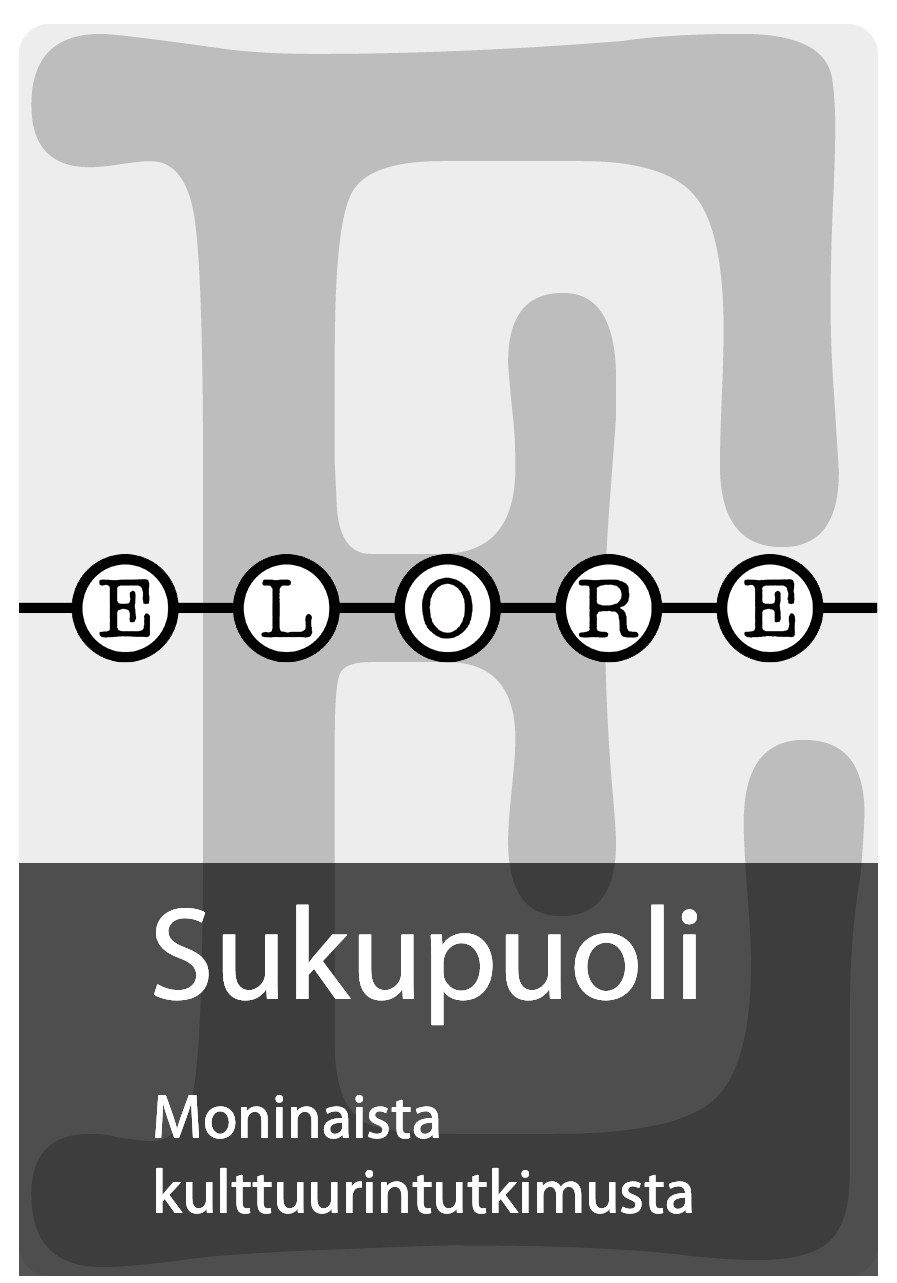Kansanomaisuus, kirjallisuus ja merkityskytkennät Neuvosto-Karjalassa
DOI:
https://doi.org/10.30666/elore.78456Abstract
My article is a study of Finnish literary activities in Soviet Karelia. I analyze what kinds of meanings were ascribed to the descriptions of localities, folk poetry and oral tradition in the literary discussions in Soviet Karelia from the late 1950s to the 1970s. I also examine the descriptions and interpretations of folk and local traditions that were politically or ideologically authorized and those that were suppressed. Theoretically, this article is connected to the discussion of power relations that exist in writing about people, tradition, and localities. The research material includes prose published in Finnish, the Communist Party’s literary programs, literary reviews and theoretical articles published in literary journals. It also includes materials from the National Archive of the Republic of Karelia. The literary descriptions of folklore and locality appear as areas of competing articulations of meaning. In the literary discussions they were connected to the writers’ own era, the changing present and the ideologically relevant Soviet history. They were also representations of Karelia’s past, its heritage, and local history, all of which were regarded as “inappropriate” interpretations of locality.##submission.downloads##
Publicerad
Referera så här
Nummer
Sektion
Licens
Tidskriften följer den så kallade "diamantmodellen" för öppen publicering: tidskriften tar inte ut några avgifter från författarna, och de publicerade texterna är omedelbart fritt tillgängliga på vetenskapstidskrifternas Journal.fi-plattform. Genom att skicka in en artikel till Elore för publicering godkänner författaren från och med september 2024 att verket publiceras under licensen CC BY 4.0. Enligt licensen får andra kopiera, sprida, distribuera och visa det upphovsrättsskyddade verket och eventuella bearbetade versioner av det, under förutsättning att de anger licensen, den ursprungliga publikationen (länk eller referens) och författaren som originalupphovsperson. Alla gjorda ändringar måste anges.
Upphovsrätten till texterna förblir hos författarna, och parallellpublicering är tillåtet. Detta gäller även texter som publicerats före september 2024. Publiceringsinformationen från Elore ska synas i parallellpubliceringen.
Användningslicensen för metadata till publicerade artiklar är Creative Commons CC0 1.0 Universal.





